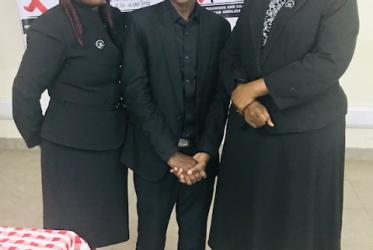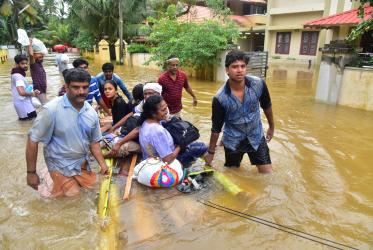Displaying 101 - 120 of 236
A faith-based, holistic approach to HIV and AIDS-care
13 March 2019
Faith and HIV treatment go hand in hand
06 March 2019
Turning mercy and compassion into action
04 March 2019
Connecting God with work discussed at conferences held at WCC
22 January 2019
Young people in Nigeria focus on positive masculinity, femininity
14 December 2018
Momentum grows for health-promoting churches
07 December 2018
Dr Cecile De Sweemer, the doer of God
30 November 2018
WCC Eco-School encourages youth to become eco-ambassadors
08 November 2018
In Kenya, issues of young people come to the forefront
19 October 2018
What difference does dressing in black make?
02 August 2018
#WCC70: A prayer about health and healing
20 July 2018











